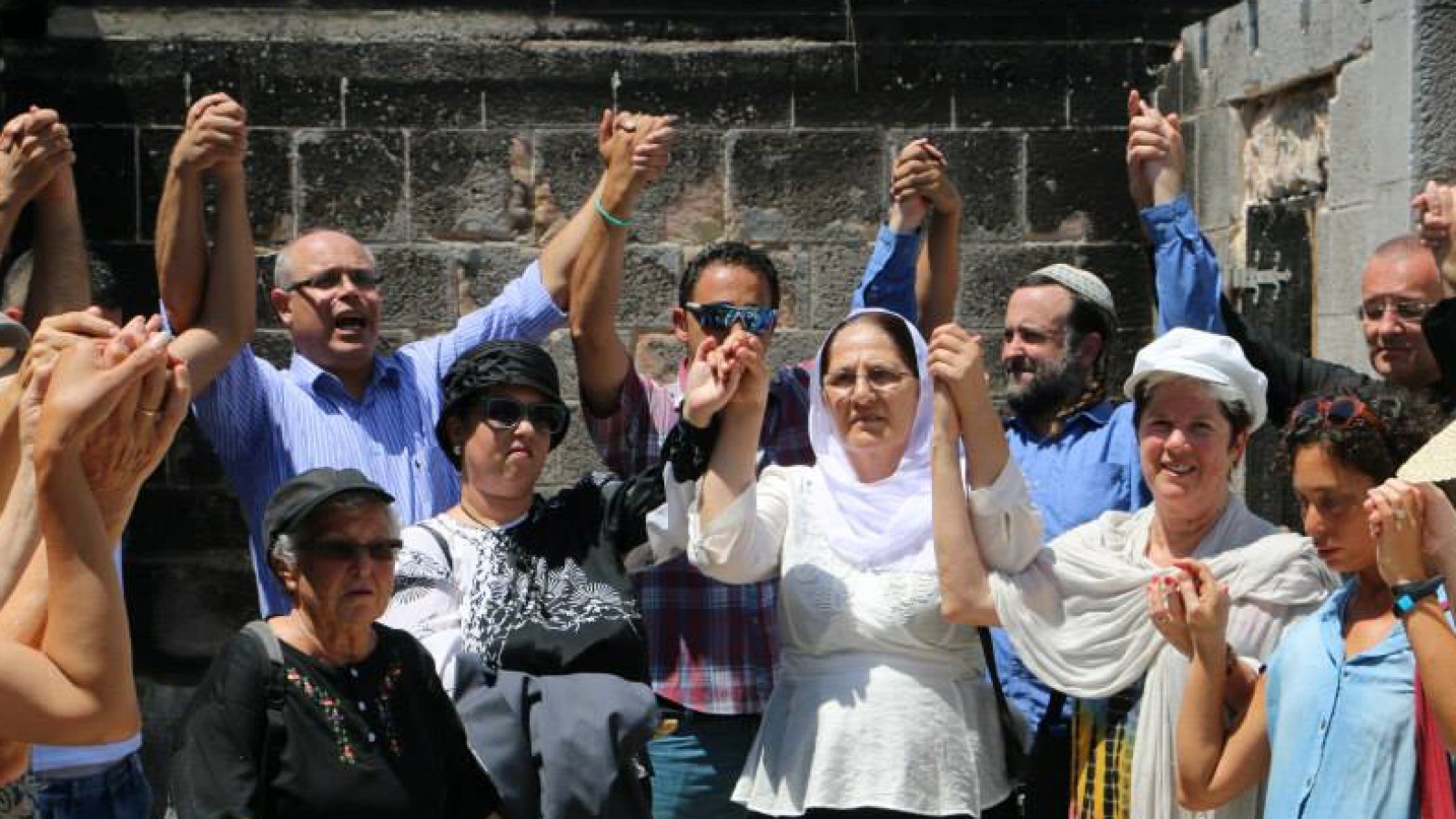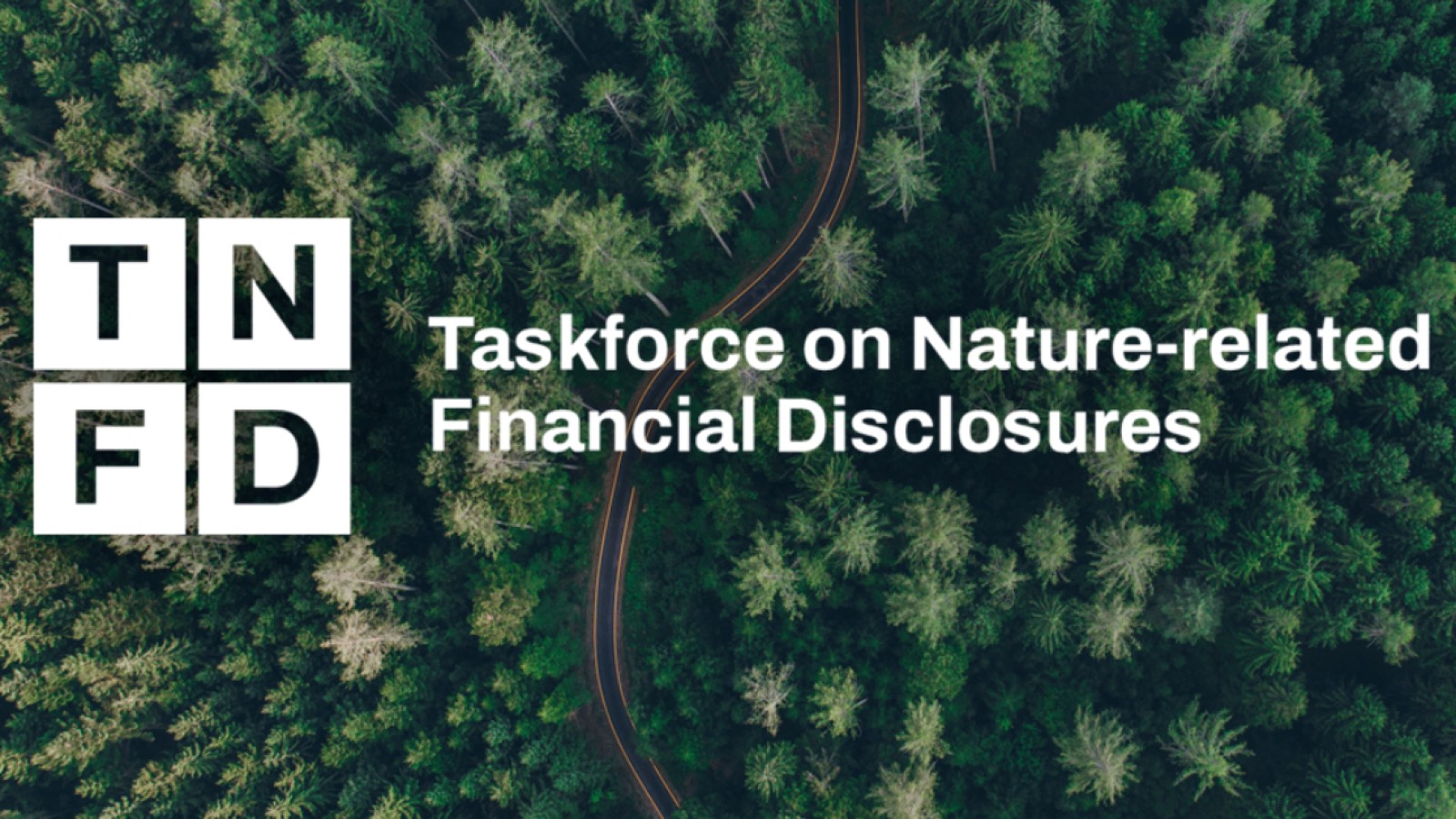I’ve always been fascinated by this concept, enthralled with the magic, innocence, and possibilities all youth possess compared to the self they will meet later in life.
One thought around this transformation is the society an individual identifies with and develops within, along with an idea of how success and failure are measured.
Earlier this week, I heard a line about “kids these days” and how different they are compared to the “back in my day” crowd.
This hot take could not have been more stereotypical; the grumpy Mr. Burns-like adult, thinking they are witnessing a lost generation that is significantly worse off compared to when they were a kid.
The truth is there is no difference between their generation and the current generation.
The young, experience things for the first time while trying to create identity, with the elder having the time to reflect on where these experiences have taken them…for better or for worse.
This cycle is like clockwork, weaving in and out of time throughout the ages.
Take for example this quote:
“The children now love luxury; they have bad manners, contempt for authority; they show disrespect for elders and love chatter in place of exercise. Children are now tyrants, not the servants of their households. They no longer rise when elders enter the room. They contradict their parents, chatter before company, gobble up dainties at the table, cross their legs, and tyrannize their teachers.”
You’ve heard this all before, right?
In fact, our modern-day society has been preaching this message for thousands of years. Yes, thousands!
And how do I know this?
Because this quote didn’t come from a local school board meeting or some insightful politician's Twitter account.
It wasn’t the newest TedTalk or a webinar addressing the challenges Gen-Z is facing today.
It came from the man credited as the founder of Western philosophy, the ancient Greek philosopher Socrates in 400 BC. And he could not have been more wrong.
The Generation Gap The generation gap has always existed, but in today's rapidly evolving world, the divide between adults and kids seems more pronounced than ever before (chalk this one up to the access to an unprecedented amount of information within the palm of our hands).
As technology, social dynamics, and cultural influences continue to reshape our society, it's more critical than ever for adults to recognize the value of learning with and from the younger generation.
Knowledge should no longer be measured strictly by a degree, but rather by embracing a mindset that learning can take place in any location, at any time, from anyone.
It’s a collaborative understanding where adults help foster better relationships, bridge the generation gap, and gain valuable insights that will help them connect with kids in a more meaningful way.
Here’s how this shift takes place
Evolving Technologies.
The technological landscape is changing by the day, and kids are often at the forefront of these developments. T
hey possess an innate aptitude for navigating and leveraging technology to explore new ideas, communicate, and create, the core elements of what learning within our education system should be.
Adults, on the other hand, typically struggle to keep up with the latest digital tools and platforms.
By actively involving themselves in technology-related discussions with younger generations, adults can gain valuable insights, learn new skills, and better understand the digital world around them.
Changing Social Dynamics.
Societal norms and cultural practices continually evolve, shaped by the younger generation's perspectives and experiences.
Young people often find themselves challenging established norms, advocating for social justice, and pushing for change.
By actively engaging in conversations and discussions with kids, adults can gain fresh perspectives on critical issues such as race, gender, sexuality, and mental health.
This not only helps adults broaden their understanding but also fosters empathy and respect for different viewpoints.
Cultural Influences.
Pop culture plays a significant role in shaping the experiences, beliefs, and aspirations of young people.
From music and movies to fashion and trends, staying connected to the world of youth culture can help adults better understand the influences that shape the lives of today's kids.
By appreciating and learning from youth culture, adults can bridge the gap and find common ground with younger individuals, opening doors for more meaningful conversations and connections.
Fresh Perspectives.
Children and teenagers often possess a unique perspective and creativity unburdened by the limitations of conventional thinking.
They approach problems and challenges with fresh eyes, unafraid to question and experiment. By encouraging an environment where adults can learn from kids, innovative solutions and ideas can emerge.
Adults can tap into the boundless creativity of youth, gaining new insights and perspectives that can spark their own personal growth and innovation.
Nurturing Empathy.
The act of learning from kids fosters empathy, mutual respect, and understanding.
Engaging in meaningful conversations and actively listening to younger voices enables adults to gain insight into the dreams, struggles, and aspirations of the next generation.
This empathy strengthens relationships between adults and kids, creating an environment where trust can flourish.
As adults learn from kids, they become better equipped to guide and support them on their journey to adulthood.
Recognizing The Importance
While these elements above can be intertwined into our personal and professional lives, it all starts with them showing up within our schools.
Today, less than 50% of K-12 students feel a sense of belonging at school.
This is an alarming number that impacts students both academically and socially.
It also impacts the learning experiences conducted by teachers within the classroom and their sentiments toward the profession.
Want to get a sense of how teachers feel?
It’s projected that 40-45% of educators in the United States, Canada, and the United Kingdom will leave the profession over the next 3-5 years.
By bridging the generation gap, schools can become the center of a student’s world, igniting their passion for learning and community, and reinforcing the individual value a teacher brings to the profession.
This bridge also creates a structure where students feel equal to their teachers and administrators.
Walk into any school today and you’ll immediately recognize which educators treat their students as equals, respecting their individuality and ideas.
By actively engaging in reciprocal learning experiences, adults can bridge the generation gap, gain valuable insights, and foster meaningful connections with younger individuals, all contributing to personal growth and the development of stronger, more empathetic communities.
About Evin Schwartz

Evin Schwartz is the CEO and Founder of Belouga
Connect with Evin on Twitter to learn more about his work.

Praying together for peace

Our economy as part of nature



